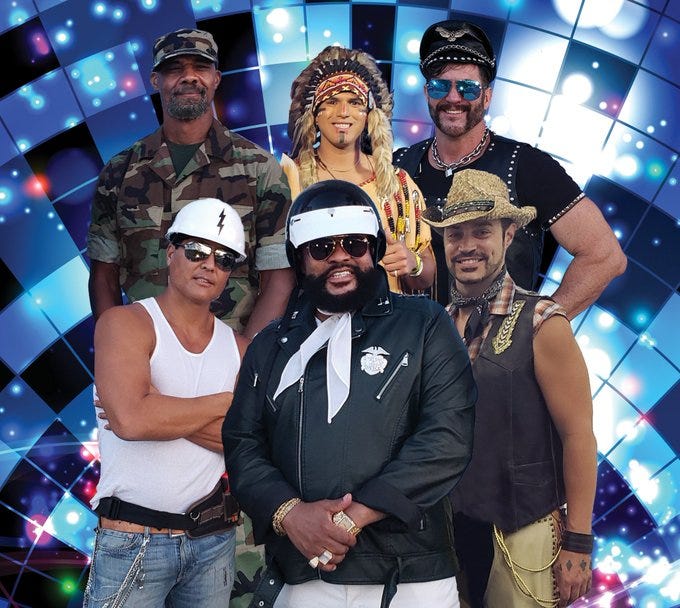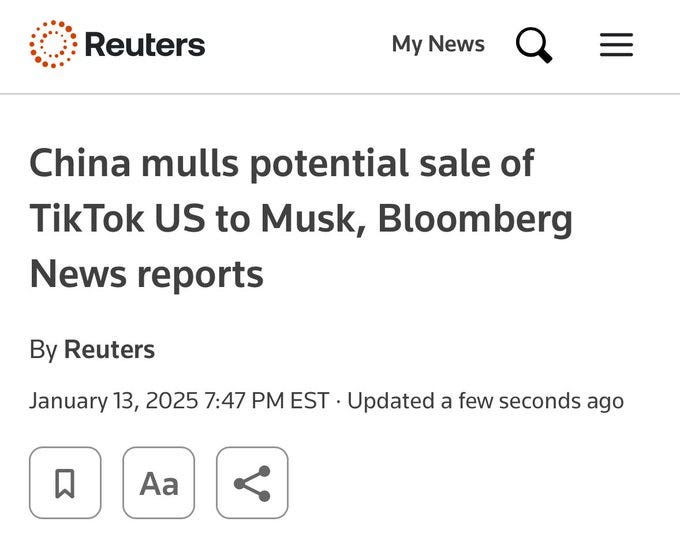National Public Radio (NPR) has been exposed as a left-wing, propaganda mouthpiece for Democrats that we've always known it to be. And now, one week after the blockbuster, whistleblower essay exposing their bias and lack of journalistic standards, they've just proven that they not only don't get it, but they're arrogantly phishing the one honest voice in the newsroom: The whistleblower.
By now you've heard about the great article in The Free Press by Uri Berliner, the veteran financial editor at the tax-funded network, who had had enough of the organization's left-wing bias:
Back in 2011, although NPR’s audience tilted a bit to the left, it still bore a resemblance to America at large. Twenty-six percent of listeners described themselves as conservative, 23 percent as middle of the road, and 37 percent as liberal.
By 2023, the picture was completely different: only 11 percent described themselves as very or somewhat conservative, 21 percent as middle of the road, and 67 percent of listeners said they were very or somewhat liberal. We weren’t just losing conservatives; we were also losing moderates and traditional liberals.
An open-minded spirit no longer exists within NPR, and now, predictably, we don’t have an audience that reflects America.
It's a great essay and Berliner nails it on many issues. However, he's still a little blinded by the reality of when this all started. Most of us saw the liberal bias for many decades, Berliner thinks it all started with Trump.
Like many unfortunate things, the rise of advocacy took off with Donald Trump. As in many newsrooms, his election in 2016 was greeted at NPR with a mixture of disbelief, anger, and despair. (Just to note, I eagerly voted against Trump twice but felt we were obliged to cover him fairly.) But what began as tough, straightforward coverage of a belligerent, truth-impaired president veered toward efforts to damage or topple Trump’s presidency.
Persistent rumors that the Trump campaign colluded with Russia over the election became the catnip that drove reporting. At NPR, we hitched our wagon to Trump’s most visible antagonist, Representative Adam Schiff.
Schiff, who was the top Democrat on the House Intelligence Committee, became NPR’s guiding hand, its ever-present muse. By my count, NPR hosts interviewed Schiff 25 times about Trump and Russia. During many of those conversations, Schiff alluded to purported evidence of collusion. The Schiff talking points became the drumbeat of NPR news reports.
But when the Mueller report found no credible evidence of collusion, NPR’s coverage was notably sparse. Russiagate quietly faded from our programming.
If Mr. Berliner is looking for the real tipping point, he might want to check out his network's coverage of the Obama Administration, eight years before Trump was inaugurated.
You see, it's very simple to see journalistic bias when everyone in your newsroom is lined up to destroy the man you all hate, it's much more subtle when your same colleagues are lined up to support and promote the man you all love and admire.
NPR's lack of journalistic curiosity or investigative instinct during the Obama presidency was the real point of no return.
NPR has finally taken decisive action in the wake of Berliner's allegations of bias and journalistic malpractice. NPR decided that something had to change and that heads would roll. Well.. actually, one head would roll. Specifically, Mr. Berliner's head.
He's been suspended. For telling the truth.
NPR's own write-up of the entire affair reads more like a subchapter in George Orwell's 1984 than a news report. This tweet from the article's author says it all:
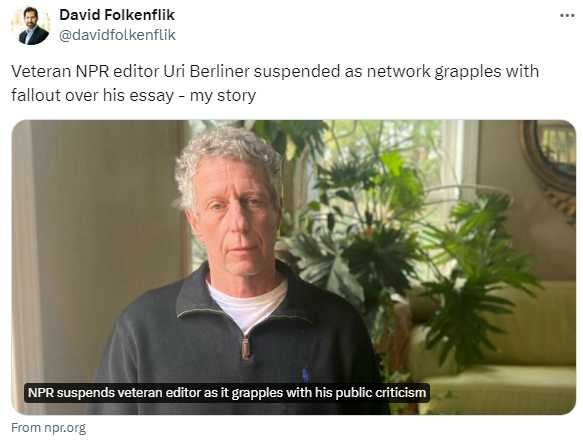
See that? "As the network grapples with fallout over his essay."
They're grappling with the fallout, not the actual issues he pointed out. It's all about the fallout. They read the article about their bias and journalistic malfeasance and could only focus on the fallout, not the actual bias and journalistic problems Mr. Berliner highlighted.
Their response was to suspend the whistleblower and to go into spin mode.
It would be funny, if we weren't paying for it.
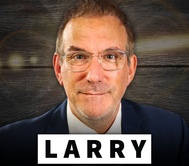

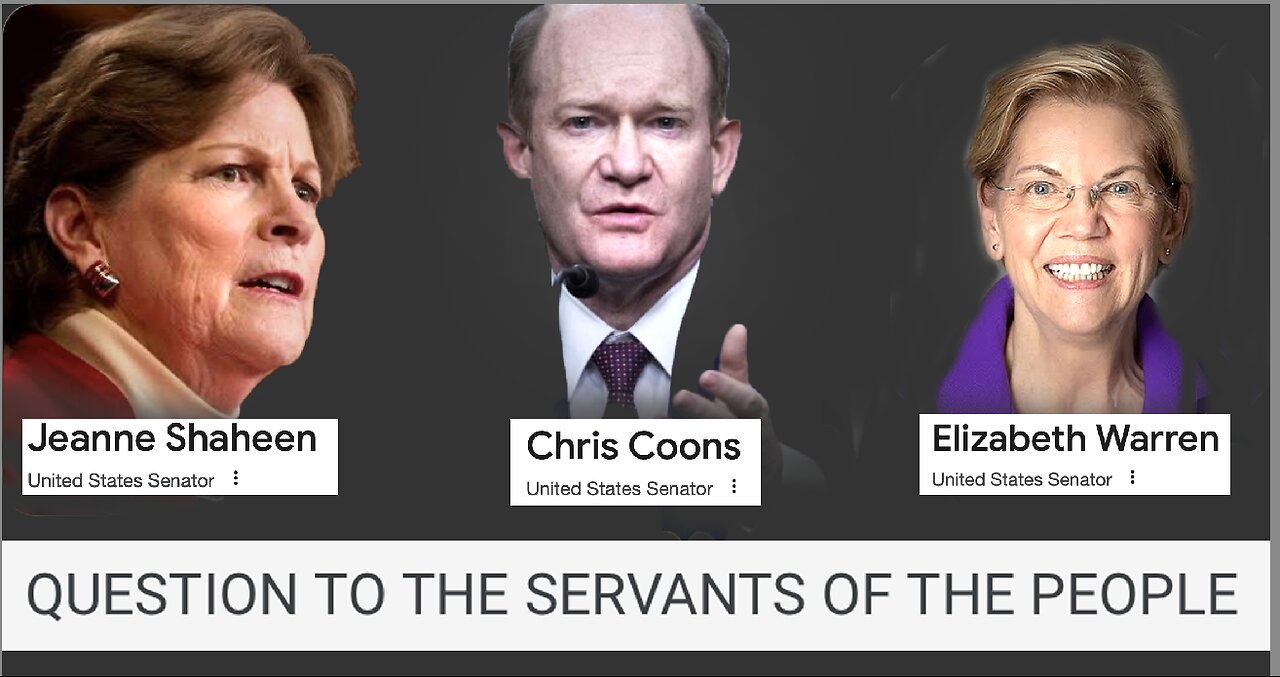
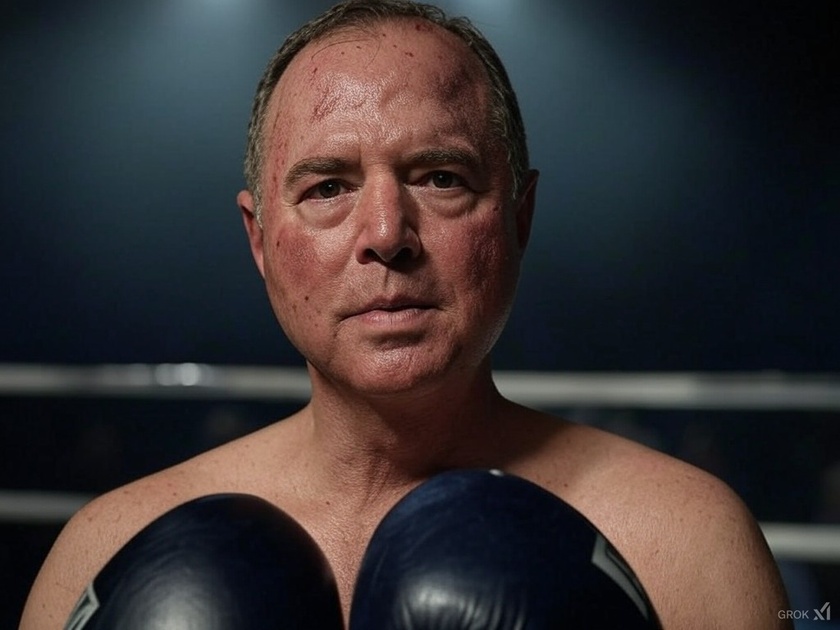
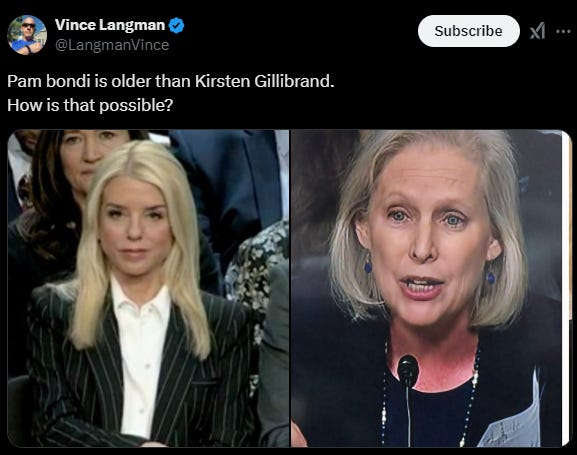
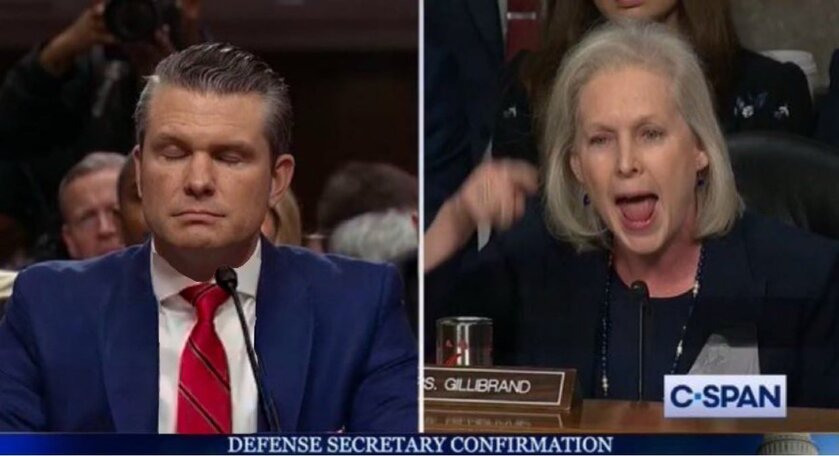
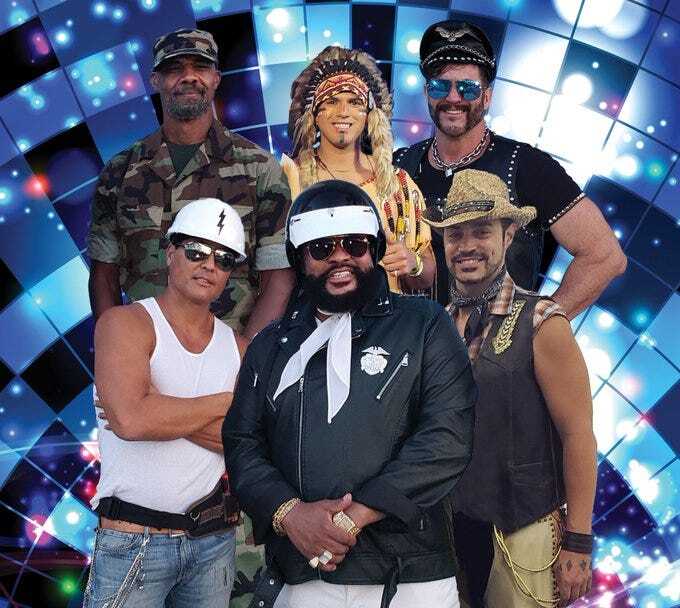 LARRY’S SHOW PREP
LARRY’S SHOW PREP